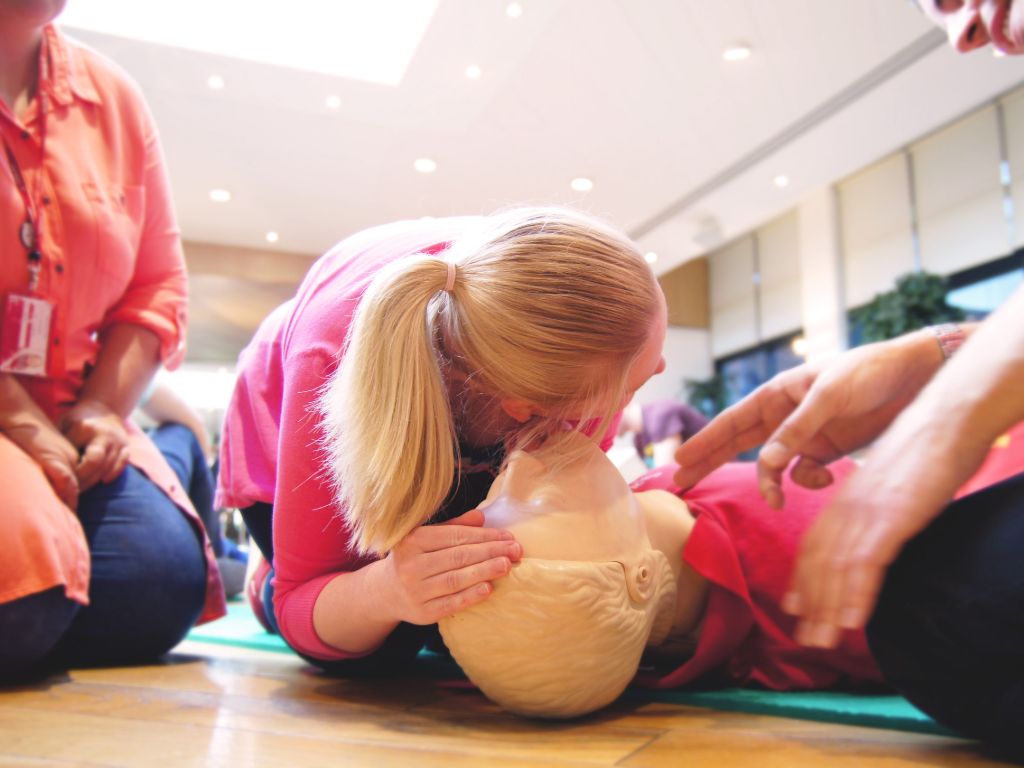To tackle the coronavirus pandemic, the NHS has had to mobilise like never before. That includes recalling retired nurses and doctors, and turning the giant ExCeL conference centre in East London into a 500-bed hospital. As the situation evolves, the NHS is going to need all the help it can get.
With travel restrictions grounding our aircraft it soon became apparent that there was a massive opportunity for our cabin crew and their trainers to join the effort. The call went out from the NHS nationwide for volunteers, and they’ve chosen independently to sign up in their droves.
We choose our cabin crew for their calm and resilient nature. We also choose those who clearly love people, are empathetic and have bundles of energy. We then give them some extensive and industry-leading medical training. This enables them to deal with the countless types of medical situations they might be faced with onboard, while far from the nearest medical help. In this blog post about our human factors training we discovered our flying teams and ambulance drivers have a lot in common. Both have safety-critical roles that rely on teamwork. Both need to make quick decisions, often working in cramped conditions. Fatigue and stress can play a big part in both jobs and they need to be managed effectively. And there’s an incredible dedication to the wellbeing of their colleagues, as well as their customers or patients.
Linda Porter, our senior manager, operations medicine, explains:
“Our crew are incredible – they deal with a spectrum of in-flight medical events every day, ranging from nosebleeds and faints to childbirth and sudden cardiac arrest. Out of the six million customers we fly around the world every year, 4,000 will become unwell in-flight, requiring our crew’s immediate care and intervention. Out of these 4,000, some 400 will be full-blown medical emergencies which on the ground would require an ambulance. Our crew are trained to use equipment such as telemedicine, defibrillators and advanced airways, and also to lead medical emergencies with the assertiveness required of a medical professional in an emergency department. We have many customers whose lives have been literally saved thanks to our cabin crew and their excellent training. Our crew are world-class, and I am humbled and inspired by them daily.”


